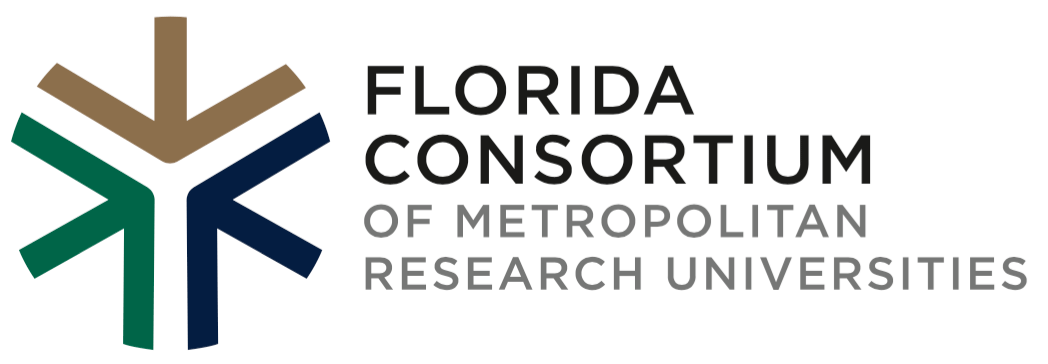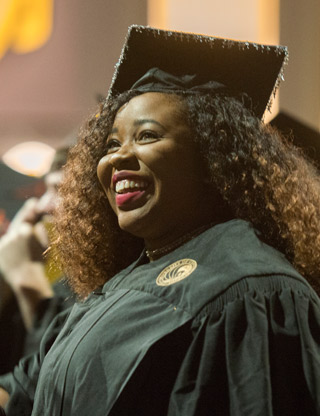Skilled medical practitioners are needed now more than ever. According to the Bureau of Labor Statistics, “healthcare occupations is projected to grow 18 percent by 2026, much faster than the average for all occupations, adding about 2.4 million new jobs. In fact, healthcare occupations are projected to add more jobs than any of the other occupational groups.”
For students in healthcare fields of study, the ability to work and communicate with patients who are nearing the end of life requires a lot of practice. Until recently, these skills were primarily developed on the job and over time. But technologists and educators wanted to circumvent this and help students become proficient medical practitioners well before they worked with their first patient.
Collaboration in action
Faculty from the University of Central Florida teamed up with Embodied Labs to create Clay Labs, an end of life augmented reality teaching and learning solution. Over a dozen faculty at UCF worked alongside engineers and computer scientists at Embodied Labs to create realistic scenarios, scripts, and life-like simulations. Clay Lab, features a 66-year old veteran named Clay who has been diagnosed with a terminal illness. The module helps users to better understand how to “receive bad news” from doctors. Users learn how to initiate conversations with family members on end of life decisions as well as how to explain hospice care to families. Most important, the solution conveys what end of life feels like for the patient and conveys physical and emotional changes a patient might experience. Each university’s teaching and learning center secured augmented reality hardware to prepare and enable faculty. Later this year, faculty at Florida International University and University of South Florida will have access to Clay Labs.
Where the Florida Consortium fits in:
- The Florida Consortium of Metropolitan Research Universities sponsored this collaborative work as a part of its
Florida Metropolitan STEM Continuum: From College to Career program. This program is possible due to a generous grant from the Leona M. and Harry B. Helmsley Charitable Trust. - The Florida Consortium is set to sponsor and host the first annual Active Learning Summit, September 13-15, 2018 in Jensen Beach, Florida. The summit will welcome over 100 faculty from FIU, UCF, and USF. Invited faculty will experience live Clay Labs demonstrations. The will also learn how to use Clay Labs to enhance instruction and learning in their classrooms.
- As a continuation of this collaboration, Florida International University will work with Embodied Labs to produce a new module for patients and families that speak Spanish and or English as a second language. The possibilities associated with augmented reality in higher education are impressive and may offer structural enhancements to scaling teaching and learning strategies to a wider number of students.
- The Florida Consortium will document findings and best practices for using augmented reality in teaching and learning. The Florida Consortium will also communicate best practices and strategies to help institutions scale similar programs across the Sunshine State and the nation.
Suggested Readings:



